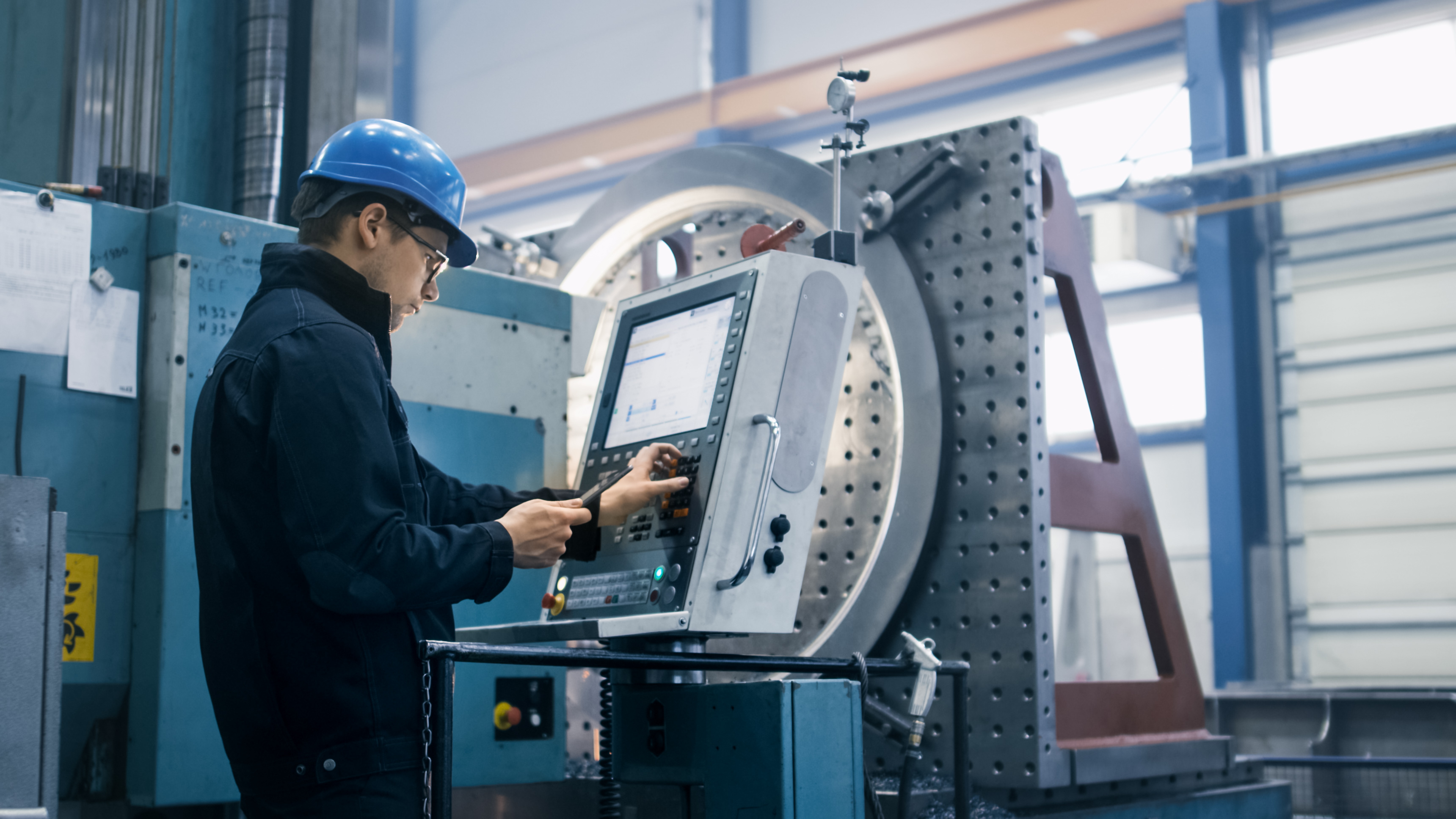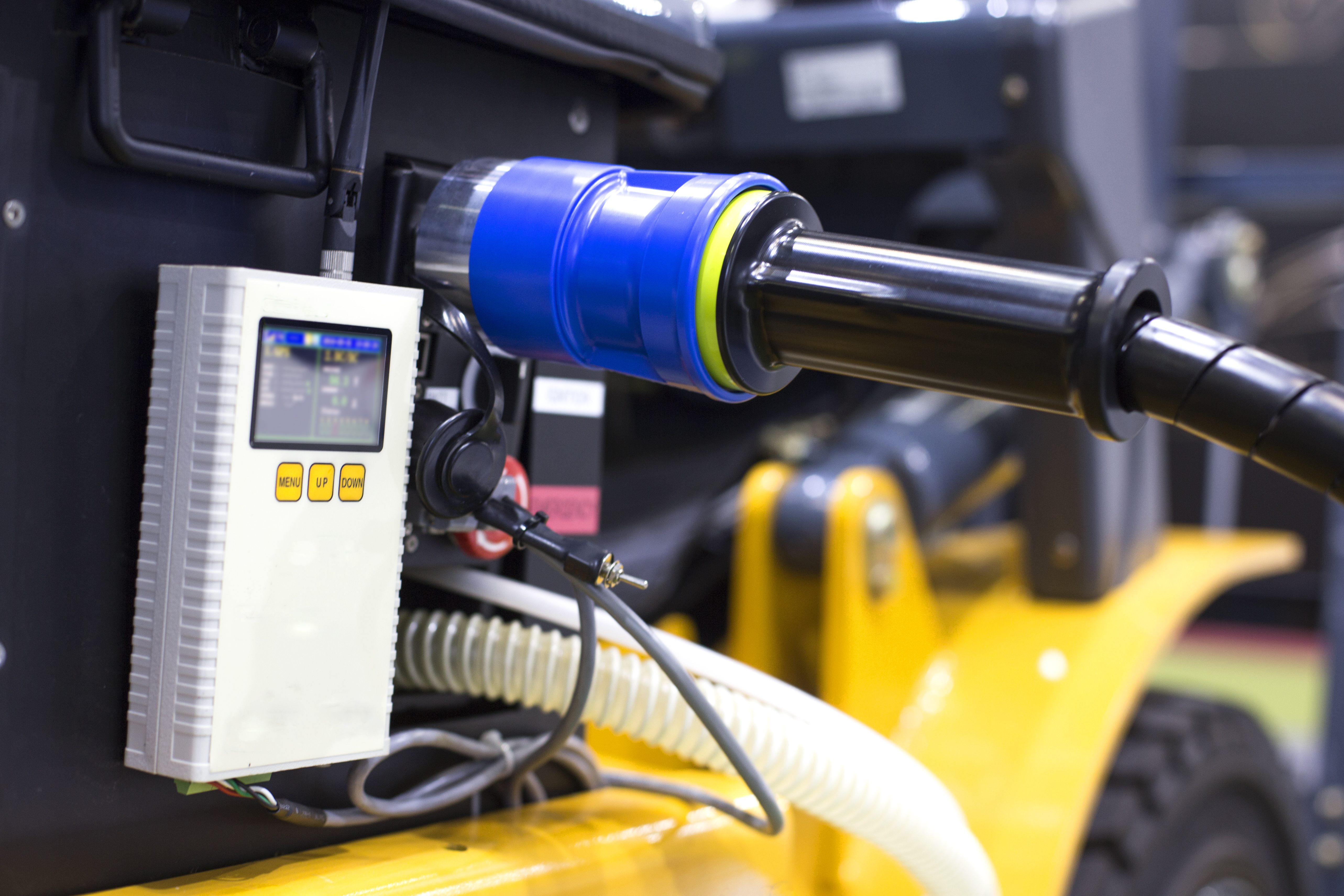IoT for Greener Industries: Advancing Industrial Sustainability
Without data for tracking and benchmarking, it’s virtually impossible for industrial organizations to make significant progress on sustainability initiatives. The Internet of Things allows businesses in manufacturing, transportation, logistics and other industrial verticals to carefully monitor their carbon footprints and adjust processes and operations accordingly to improve it.
The Internet of Things (IoT) has significantly impacted many industries, allowing seamless connectivity and data exchange between devices and systems. When it comes to industrial sustainability, its impact is transformative, and it has become a powerful tool that drives efficiency and reduces the environmental impact of operations.
Let’s explore how the integration of IoT in industrial sustainability enhances operations, optimizes processes, and reduces environmental footprint.
Understanding IoT and its role in industrial sustainability
IoT refers to the interconnected network of devices that communicate and transfer data with each other over the internet. In industrial sustainability, IoT can provide real-time data about various operational aspects, helping industries reduce waste, conserve resources, and enhance efficiency.
By leveraging IoT devices and sensors, businesses gain real-time visibility into their operations, facilitating informed decision-making for sustainable practices. Here are some examples of how IoT can be implemented and the business benefits:
1. Real-time monitoring for resource optimization
IoT-enabled sensors can monitor various aspects of the industrial process, including energy consumption, water usage, and air quality. This real-time data allows businesses to identify inefficiencies and potential areas of improvement, which can optimize resource allocation and reduce waste.
These sensors can be integrated with other building management and security tools, such as thermal security camera systems and HVAC, which allow these systems to trigger automation through data shared between these two systems.
2. Enhanced equipment efficiency and maintenance
IoT devices facilitate predictive maintenance, detecting equipment issues before they escalate into costly breakdowns. Proactively maintaining machinery and optimizing its performance reduces operational downtime and extends the lifespan of assets, contributing to a more sustainable approach to industrial operations.
3. Energy usage insights and efficiency
IoT integration enables businesses to capture granular energy consumption data from various points in the production process. Analyzing this data uncovers patterns and trends, allowing companies to identify energy-intensive areas and implement energy-saving measures, ultimately reducing their carbon footprint.
4. Demand response and peak load management
Through IoT-connected devices, businesses can participate in demand response programs that incentivize energy conservation during peak usage. By actively managing energy consumption during peak times, industries contribute to grid stability and reduce the reliance on fossil fuels.
5. Tracking and managing waste streams
IoT sensors can monitor waste generation and track its flow throughout production. With this data, businesses can identify hotspots and devise strategies to minimize waste generation, recycle materials, and optimize disposal methods.
6. Recycling and resource recovery
IoT can also aid in recycling and resource recovery. By tracking the lifecycle of materials, IoT can help industries identify opportunities for recycling and reuse, reducing resource consumption.
7. Inventory management and just-in-time practices
IoT-enabled inventory management systems allow businesses to keep track of materials and products in real-time. By adopting just-in-time practices, companies can reduce excess inventory, minimize waste, and lower storage costs, contributing to a more sustainable supply chain.
8. Smart transportation and routing
Integrating IoT devices in transportation vehicles enables real-time tracking of shipments, allowing for efficient route planning and reducing fuel consumption. Smart logistics and route optimization cut costs and decrease greenhouse gas emissions.
9. Sustainable sourcing and supplier collaboration
IoT-based supply chain solutions facilitate transparency and traceability, making it easier for businesses to verify sustainable sourcing practices among suppliers. Collaboration with eco-conscious suppliers enhances the overall sustainability of the supply chain.
10. Ensuring regulatory compliance
IoT data monitoring and reporting capabilities assist businesses in complying with environmental regulations and reporting requirements. Accurate and real-time data ensures businesses stay on top of their environmental compliance responsibilities.
11. Sustainability reporting and transparency
IoT integration aids in gathering and analyzing sustainability-related data, enabling businesses to produce comprehensive sustainability reports. Transparent reporting builds stakeholder trust and demonstrates a commitment to sustainable business practices.
The future of IoT in industrial sustainability
With advancements in technology, the potential of IoT to enhance operations and reduce environmental footprint is immense. The future of IoT in industrial sustainability reporting is promising.
By leveraging real-time data and insights, IoT-enabled devices can enhance supply chain efficiency, monitor energy consumption, and enable predictive maintenance, reducing waste and improving operational efficiency. Industries that embrace IoT technologies will lead the way in driving positive changes and helping create a more sustainable future.
IoT and waste reduction
IoT integration in industrial sustainability is paving the way for a greener and more efficient industrial landscape. By harnessing IoT technologies, companies can enhance operational efficiency, reduce waste, and lower their environmental footprint.
Embracing IoT-driven sustainability aligns businesses with global environmental goals and fosters long-term profitability and resilience in an increasingly competitive marketplace. As we navigate towards a sustainable future, the role of IoT in industrial sustainability will become increasingly significant.
This article was written by Luke Fitzpatrick from TechBullion and was legally licensed through the Industry Dive Content Marketplace. Please direct all licensing questions to legal@industrydive.com.
![]()


